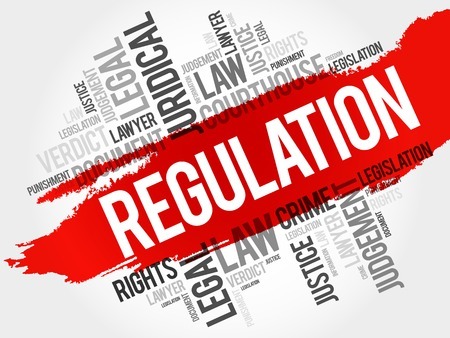Recovery of Investment Losses from Churning Fraud
Have you suffered losses due to churning Fraud? If so, the securities attorneys at The White Law Group may be able to help you recover your losses.
For more information on churning fraud, press play for a short video:
Churning fraud is defined as an unethical practice employed by some financial advisors to increase their commissions by excessively trading in a client’s account. This practice violates various FINRA Rules and is often referred to as excessive trading.
FINRA Rule 2111 codifies a brokerage firms and associated persons’ obligations with respect to churning/excessive trading. Specifically, FINRA has enacted a suitability analysis for churning called “quantitative suitability.”
Quantitative suitability requires a broker who has actual or de facto control over a customer account to have a reasonable basis for believing that a series of recommended transactions, even if suitable when viewed in isolation, are not excessive and unsuitable for the customer when taken together in light of the customer’s investment profile. Factors such as turnover rate and cost-equity ratio may provide a basis for finding that the activity at issue was excessive.
Although there is no one turnover rate that is universally recognized as being determinative of churning fraud, an annual turnover rate in excess of six is generally presumed to reflect excessive trading. Arceneaux, 767 F.2d at 1502 “The courts which have addressed this issue have indicated that an annual turnover rate in excess of six reflects excessive trading”.
Essentially, churning fraud is when a financial advisor chooses to maximize commissions at the expense of the client and the client’s investment objectives. It is a common practice in the industry and one of the top fifteen actions that result in fines and/or restitution.
Recovery Options
Brokers have a fiduciary duty to make investment recommendations that are consistent with the clients net worth, investment experience and objectives. Risk tolerance, age, and liquidity needs also need to be considered. Brokers are prohibited from engaging in underhanded businesses practice, like churning, that violate securities laws and regulations.
When brokers abuse client accounts and conduct transactions that violate securities laws, the brokerage firm they are working with may be liable for investment losses. Brokerage firms that fail to monitor the business activities of their employees may be liable for investment losses due to negligent supervision for the misconduct of their employees.
If you believe that you have been the victim of churning, please call the securities attorneys of The White Law Group at 888- 637-5510 for a free consultation.
The White Law Group, LLC is a national securities fraud, securities arbitration, investor protection, and securities regulation/compliance law firm with offices in Chicago, Illinois and Seattle, Washington.
For more information on The White Law Group, visit https://whitesecuritieslaw.com.
Tags: broker churning, Churning broker, churning broker fraud, churning FINRA, churning fraud, churning lawsuit, churning losses, Churning recovery options, churning turnover ratio, what is churning, what is excessive trading Last modified: March 14, 2024








